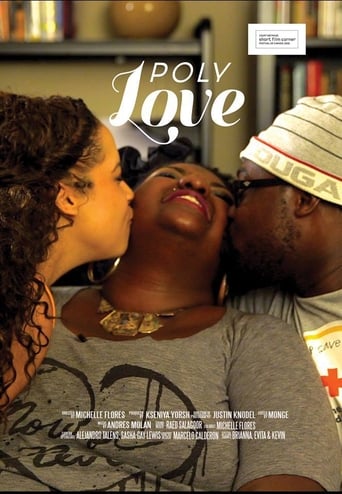
21 Jan 2016

Poly-Love
A documentary that approaches polyamory from the intimate point of view of an Afro-American family who decided to live an authentic life without denying the option of diversity in their love and family.
This is an experimental documentary chronicling the March 1995 groundbreaking conference on lesbian and gay sexualities in the African diaspora. The conference brought together an array of dynamic scholars, activists and cultural workers including Essex Hemphill, Kobena Mercer, Barbara Smith, Urvashi Vaid and Jacqui Alexander to interrogate the economic, political and social situations of diasporic lesbians, gay men, bisexual and transgendered peoples. The video brings together the highlights of the conference and draws connections between popular culture and contemporary black gay media production. The participants discuss various topics: Black and queer identity, the shortcomings of Black nationalism, and homophobia in Black communities. Drawing upon works such as Isaac Julien's "The Attendant" and Jocelyn Taylor's "Bodily Functions", this documentary illuminates the importance of this historic conference for Black lesbians and gays.

21 Jan 2016

A documentary that approaches polyamory from the intimate point of view of an Afro-American family who decided to live an authentic life without denying the option of diversity in their love and family.
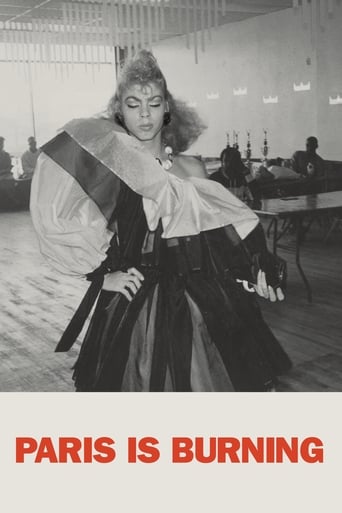
13 Mar 1991

Where does voguing come from, and what, exactly, is throwing shade? This landmark documentary provides a vibrant snapshot of the 1980s through the eyes of New York City's African American and Latinx Harlem drag-ball scene. Made over seven years, PARIS IS BURNING offers an intimate portrait of rival fashion "houses," from fierce contests for trophies to house mothers offering sustenance in a world rampant with homophobia, transphobia, racism, AIDS, and poverty. Featuring legendary voguers, drag queens, and trans women — including Willi Ninja, Pepper LaBeija, Dorian Corey, and Venus Xtravaganza.
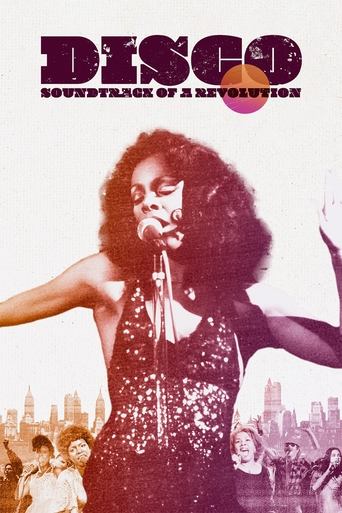
16 Dec 2023

From the sweaty basement bars of 70s New York to the glittering peak of the global charts, how disco conquered the world - its origins, its triumphs, its fall and its legacy.
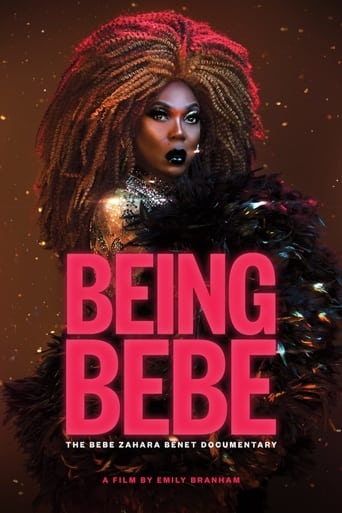
25 Jun 2021

The intimate journey and unpublished backstory of BeBe Zahara Benet – a charismatic drag performer originally from Cameroon, and the very first winner of the culture-changing phenomenon, RuPaul’s Drag Race. With over a decade of unprecedented access, we observe BeBe’s struggles with celebrity, authenticity, success, and failure.
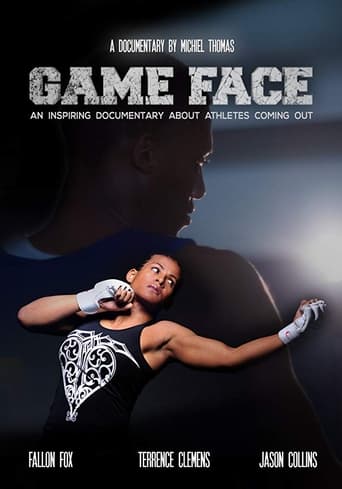
26 Apr 2015

Game Face shows the quest to self-realization of LGBT athletes and the acceptance in society. The film follows athletes during their coming out process, and sheds light on the obstacles LGBT sports players deal with throughout their career.
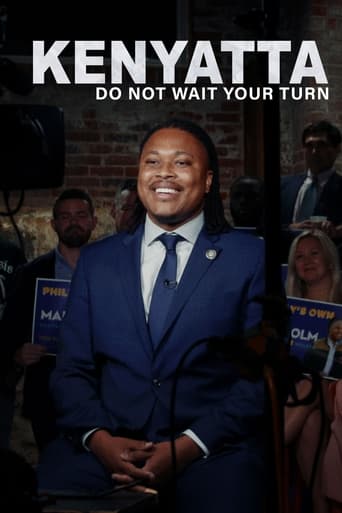
17 Mar 2023

An inspiring love story about a self-described “poor, gay, black man from North Philly” on his historic run for the United States Senate. But this race is about more than taking on the political competition. It’s about taking on an entire system.
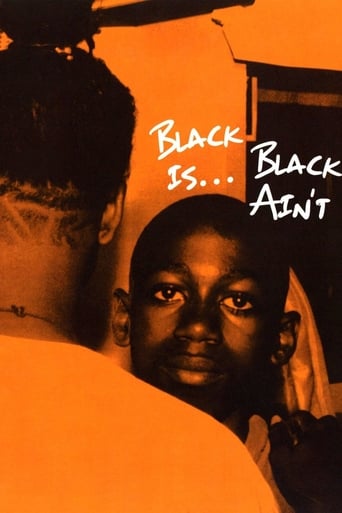
11 Oct 1995

African-American documentary filmmaker Marlon Riggs was working on this final film as he died from AIDS-related complications in 1994; he addresses the camera from his hospital bed in several scenes. The film directly addresses sexism and homophobia within the black community, with snippets of misogynistic and anti-gay slurs from popular hip-hop songs juxtaposed with interviews with African-American intellectuals and political theorists, including Cornel West, bell hooks and Angela Davis.
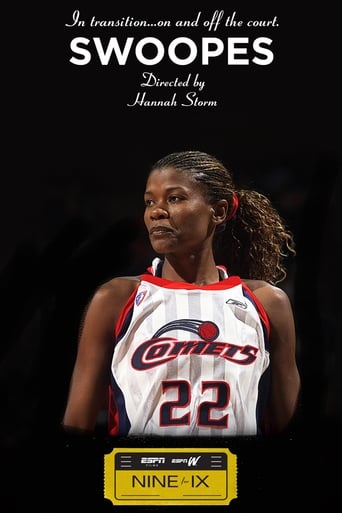
30 Jul 2013

Sheryl Swoopes famously has been labeled as the female Michael Jordan, but that's only part of the story. On the court, she was nearly as dominant as Jordan, winning a national championship with Texas Tech, three Olympic gold medals, three MVP awards and four consecutive championships with the Houston Comets of the WNBA, the league she helped start. She even had a Nike shoe named after her, the Air Swoopes. Off the court, she has had a life full of transitions. She gave birth to her son, Jordan, during the inaugural season of the WNBA. Later, she divorced her high school sweetheart and became the highest-profile athlete in her sport to acknowledge she was gay. She has struggled with love, money and personal identity, but has never lost her spirit. In this portrait, you will meet someone who is not your everyday superstar, but a woman who has defied a multitude of labels.
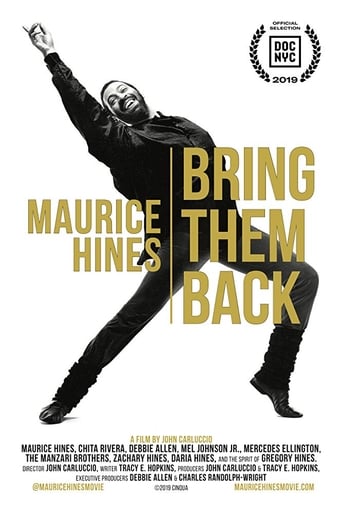
10 Nov 2019

Maurice Hines -- actor, director, singer, and choreographer -- navigates the complications of show business while grieving the loss of his more famous, often estranged younger brother, tap dance legend Gregory Hines.
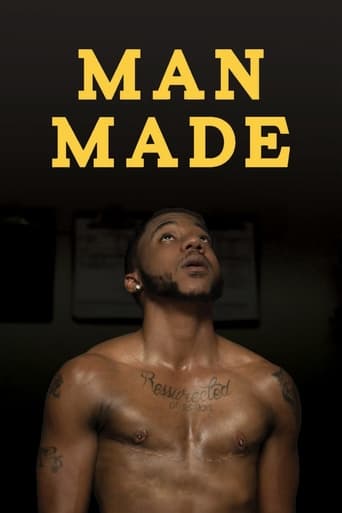
22 May 2018

From adoption and homelessness to navigating relationships and overcoming self-harm, the four transmen in MAN MADE all have something else in common: they are all bodybuilders. Through the lens of FTMFitCon, the world’s only FTM bodybuilding competition, we delve into the lives of Dominic, Rese, Mason, and Kennie as they define what it means to be a man while contextualizing that definition through the social, racial, and economic realities of their lives. For the men of MAN MADE, it’s not about winning—it’s about stepping on stage and being seen for everything they are.
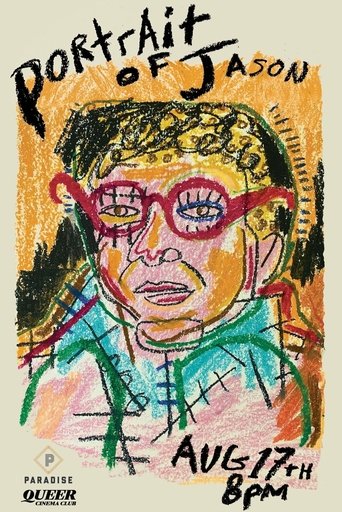
29 Sep 1967

Interview with Jason Holliday aka Aaron Payne. House-boy, would-be cabaret performer, and self-proclaimed hustler giving one man's gin-soaked, pill-popped view of what it was like to be black and gay in 1960s United States. Preserved by the Academy Film Archive in partnership with Milestone Films in 2013.
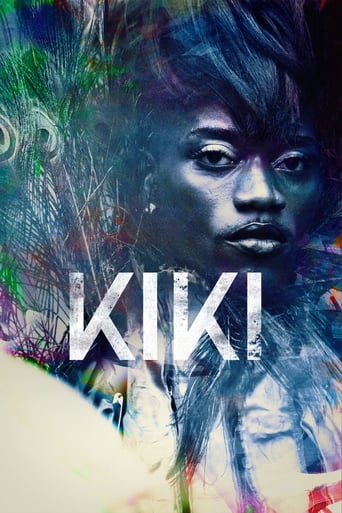
03 Apr 2016

25 years after Paris is Burning, we dive back into the fierce world of voguing battles in the Kiki scene of New York City, where competition between Houses demands leadership, painstaking practice, and performances on point. A film collaboration between Kiki gatekeeper, Twiggy Pucci Garçon, and Swedish filmmaker Sara Jordenö, we’re granted exclusive access into this high stakes world, where tough competitions act as a gateway into the daily lives of LGBTQ youth of color in NYC. The new generation of ballroom youth use the motto, “Not About us Without Us”. Twiggy and Sara’s insider-outsider approach to their stories breathes fresh life into the representation of a marginalized community who demand visibility and real political power.
21 Jul 2007
Rise Up And Shout! tells the story of four generations of creative gay voices in Los Angeles who unite to create a theatrical showcase for gay youth on September 9, 2006. In the process, a unique community is created made up of young and old, black and white, shy and loud -- including an 83 year-old priest and an 18 year old former prostitute and poet.
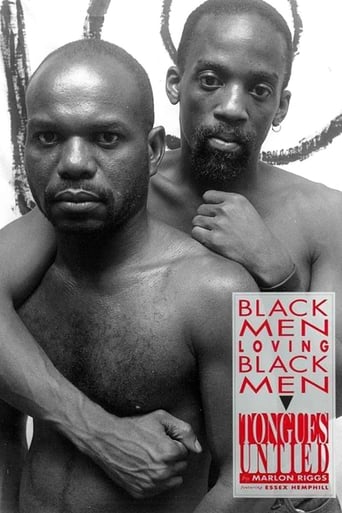
16 Mar 1990

Marlon Riggs, with assistance from other gay Black men, especially poet Essex Hemphill, celebrates Black men loving Black men as a revolutionary act. The film intercuts footage of Hemphill reciting his poetry, Riggs telling the story of his growing up, scenes of men in social intercourse and dance, and various comic riffs, including a visit to the "Institute of Snap!thology," where men take lessons in how to snap their fingers: the sling snap, the point snap, the diva snap.
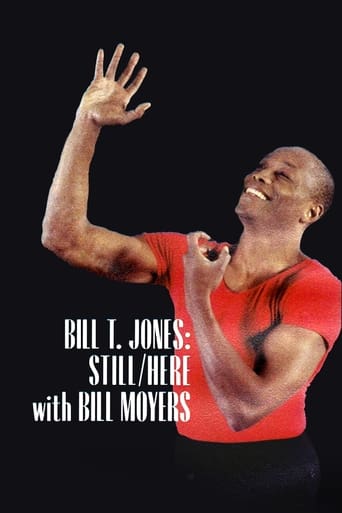
15 Jan 1997

Bill Moyers and filmmaker David Grubin give viewers a rare glimpse into dancer/choreographer Bill T. Jones’s highly acclaimed dance Still/Here. At workshops around the country, people facing life-threatening illnesses are asked to remember the highs and lows of their lives, and even imagine their own deaths. They then transform their feelings into expressive movement, which Jones incorporates into the dance performed later in the program. For this documentary, Jones demonstrates the movements of his own life story: his first encounter with white people, confusion over his sexuality, his partner Arnie Zane’s untimely death from AIDS, and Jones’s own HIV-positive status.
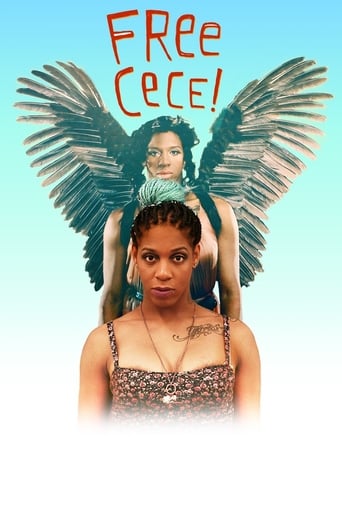
03 Jun 2016

This film confronts the culture of violence surrounding trans women of color. It is told through the voices of Laverne Cox and Cece McDonald.
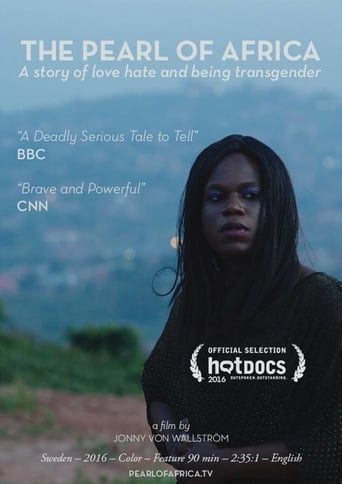
01 Apr 2017

Captures an intimate's struggle for the right to love. Following a Ugandan transgender girl, forced to leave her country.
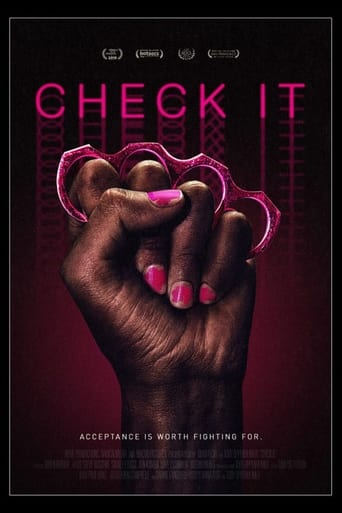
16 Apr 2016

Fed up with being pushed around, a group of gay and trans teens of color form a gang and fight back on the brutal streets of Washington D.C. They call their gang ‘Check it’ and this group of one-time victims of bullying, rape and abuse have turned the tables on anyone trying to hurt them. The group formed to provide its members safety in numbers and let people know that if they jump a queer kid in D.C., they may get beaten into a coma. This raw and intimate portrait follows three childhood friends as they struggle to survive and claw their way out of gang life through an unlikely avenue: fashion.
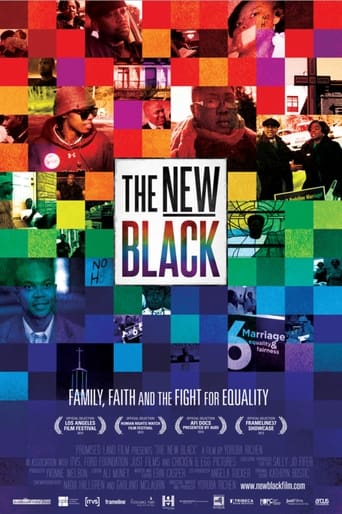
14 Jun 2013

The New Black is a documentary that tells the story of how the African-American community is grappling with the gay rights issue in light of the recent gay marriage movement and the fight over civil rights. The film documents activists, families and clergy on both sides of the campaign to legalize gay marriage and examines homophobia in the black community's institutional pillar-the black church and reveals the Christian right wing's strategy of exploiting this phenomenon in order to pursue an anti-gay political agenda. The New Black takes viewers into the pews and onto the streets and provides a seat at the kitchen table as it tells the story of the historic fight to win marriage equality in Maryland and charts the evolution of this divisive issue within the black community.
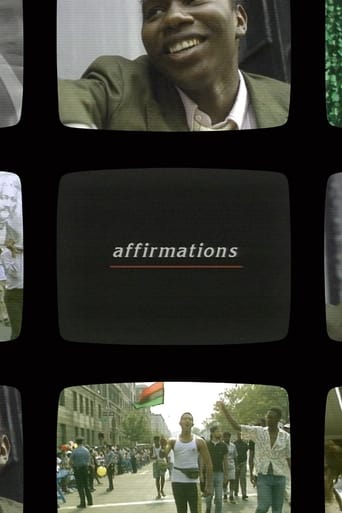
23 Jun 1990

A look at what it's like to be gay and black in America.